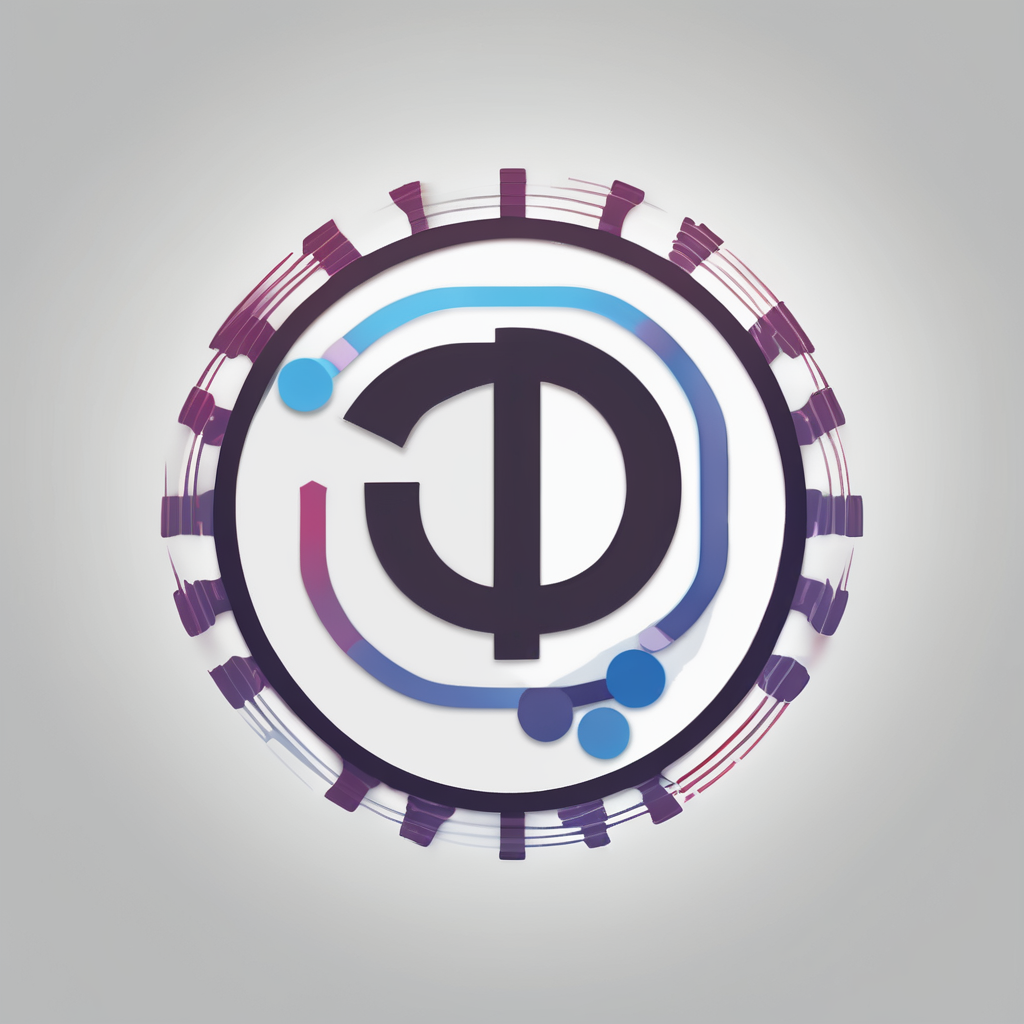Understanding AI in Public Sector Procurement
The integration of AI in public procurement is reshaping how the UK public sector approaches procurement efficiency. Various AI technologies, such as machine learning, natural language processing, and robotic process automation, are key to transforming procurement processes. These technologies enable automated data analysis, predict spending patterns, enhance contract management, and streamline supplier selection.
Procurement efficiency is crucial for the UK public sector, given its immense scale and budget. By leveraging AI, public agencies can mitigate costly inefficiencies, reduce human error, and achieve better value for taxpayers. For instance, AI-driven systems can automatically evaluate proposals against set criteria, ensuring compliance and quality.
In parallel : Unlocking the Power of AI: Elevating Customer Satisfaction in UK E-commerce
Currently, the adoption of AI in public sector procurement processes is in its nascent stage, with progressive organizations leading the charge. Pilot programs and collaborations with tech companies are testing the waters, highlighting successful use cases and identifying challenges. The journey involves addressing issues such as data privacy, trust in AI decisions, and workforce upskilling. However, with ongoing advancements and positive outcomes from early adopters, AI has promising potential to become a standard tool in the sector’s procurement arsenal.
Benefits of AI in Enhancing Procurement Efficiency
In the realm of procurement, AI offers numerous advantages leading to enhanced operational efficiency. It streamlines processes by automating repetitive tasks, effectively reducing administrative burdens. This means that procurement teams can focus on more strategic initiatives rather than mundane paperwork.
Also to read : Revolutionizing Predictive Maintenance: The Role of AI in Enhancing the UK Aerospace Sector
AI’s ability to analyse vast datasets is a game-changer for decision-making. Through predictive analytics, procurement professionals gain insights that enable better forecasting and planning. This results in smarter choices about supplier selection, inventory levels, and procurement strategies. AI tools can predict market trends and supply chain disruptions, allowing companies to respond proactively.
Cost savings is another significant benefit of AI in procurement. By optimizing resources, companies can negotiate better prices, minimize waste, and improve supply chain management. AI helps in identifying cost-effective suppliers and evaluating contracts more efficiently.
In summary, AI enhances procurement efficiency by:
- Streamlining processes
- Enhancing decision-making with data analysis
- Optimizing costs and resources
These AI advantages transform procurement into a more strategic and effective business function, ultimately leading to significant organizational benefits.
Case Studies of Successful AI Implementation
Exploring AI success stories can offer valuable insights for any organization considering AI integration. In the UK, several public sector organisations have notably harnessed AI in procurement, leading to significant advancements.
One prominent example is the NHS. By using AI, they improved supply chain efficiency, reducing costs while increasing service delivery speed. This success story in the public health sector demonstrates AI’s potential to streamline logistics, enhance resource allocation, and ultimately improve patient care.
The Home Office also exemplifies successful AI implementation. They adopted AI for data analysis, enabling better decision-making in resource deployment. The measurable outcomes from this initiative include improved accuracy in predicting demand for services, which optimizes both manpower and budget.
From these case studies, it’s clear that adopting AI requires a considered approach. Key lessons learned include the importance of setting clear objectives, ensuring data quality, and ongoing staff training. Successful AI integration hinges not just on technology but also on continuous improvement and adaptation. The takeaway from these best practices is that AI, when implemented thoughtfully, can significantly transform public sector operations.
Expert Opinions on Future Trends in AI Procurement
Navigating the future of AI in procurement involves understanding evolving technologies. Experts predict that AI will transform procurement by enhancing efficiency and accuracy. Procurement trends will increasingly focus on automation, with AI systems managing routine tasks. This allows professionals to focus on strategic decision-making, improving outcomes across sectors.
Expert insights suggest that in the long term, AI will have a significant impact on public sector practices. It will revolutionise areas such as supply chain management and contract negotiations, making processes more cost-effective and transparent. By adopting AI, public sectors can potentially reduce overheads and streamline their operations, underlining the importance of these tools in modern procurement strategies.
Areas ripe for future research include machine learning algorithms capable of predicting market changes, enhanced data security within AI systems, and ethical considerations around AI utilisation in procurement. Developing these fields will address contemporary challenges and propel procurement practices into a new era. Understanding these aspects will help specialists in embracing AI procurement innovations while mitigating risks, guiding their organisations towards sustainable growth.
Prospects for AI-enhanced procurement are indeed vast, with these technologies expected to continue evolving towards more tailored, robust solutions.
Challenges and Barriers to AI Implementation
Implementing AI technologies in public sector organizations can be fraught with AI challenges. One major obstacle is the uncertainty around data security and privacy during AI procurement processes. These concerns are pivotal because sensitive information is often involved, making stringent data protection measures a necessity. To mitigate such risks, organizations can adopt robust encryption techniques and ensure compliance with legal frameworks like GDPR.
Another significant hurdle is the procurement barriers. The intricate and lengthy nature of procurement processes can delay or even derail AI projects. To streamline these processes, organizations might consider adopting agile procurement practices, which focus on iterative development and allow for more flexibility.
Implementation issues arise not only from technical complexities but also from resistance within the organization. Staff may fear job displacement or be apprehensive about adapting to new technologies. Addressing these concerns involves fostering a culture that embraces innovation and continuous learning. Encouraging open communication channels and providing training programs can help demystify AI technologies.
By acknowledging these barriers and employing tailored strategies, public sector organizations can effectively harness AI’s transformative potential while ensuring the ethical handling of data and overcoming resistance to change.
Practical Strategies for Leveraging AI in Procurement
Embracing AI strategies in procurement can dramatically enhance decision-making and operational efficiency. Implementing AI involves several key steps. Firstly, begin by identifying specific procurement processes that could benefit from automation or enhancement. Understanding these areas sets the stage for effective procurement innovation.
Next, integrating AI into existing systems requires a structured approach. Start by evaluating suitable technologies that align with your procurement goals. Focus on practical applications such as supplier selection, risk management, and spend analysis to maximise impact.
Once technology is identified, engage in comprehensive training programmes for personnel. Upskilling is crucial to empower staff, enabling them to effectively harness AI technologies. Providing ongoing support and education ensures the workforce is well-equipped to navigate AI tools and strategies confidently.
Finally, developing a detailed roadmap is essential for AI-driven procurement transformation. In the public sector, this involves setting clear objectives, timelines, and accountability measures. Structuring the transformation process helps manage expectations and track progress, ensuring successful implementation.
Incorporating these strategies not only harnesses the power of AI but propels organisations toward more efficient and innovative procurement practices. With careful planning and execution, AI becomes a valuable asset in achieving modern procurement goals.











